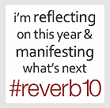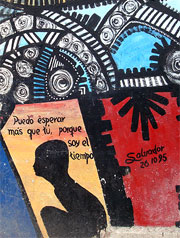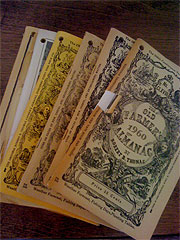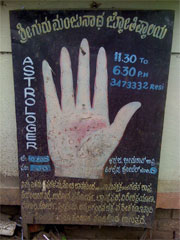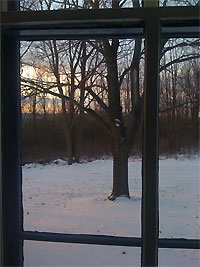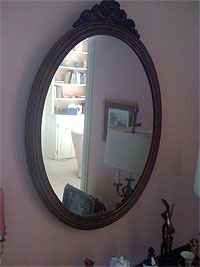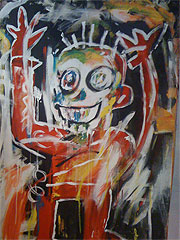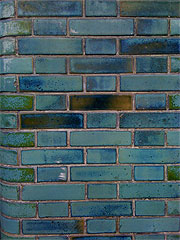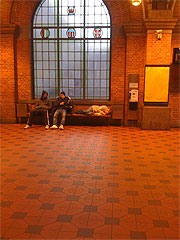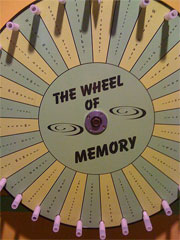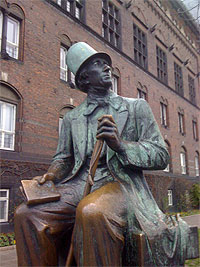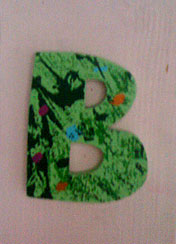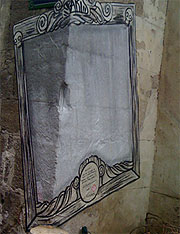An Energetic Action
The homework routine is much easier for Buddy-roo these days. The tears and drama have abated. It’s still hard to get her started, but the resistance to starting is diminished. The reward for completing homework is clearly established and we’re strict about it, so the anguish we experienced during those first weeks of school has vanished, more or less.
She’s still pokey. There are a dozen preparatory rituals that must be enacted, pencils and erasers laid out just so. When she finally begins, we must be vigilant against distractions, hard because Short-pants forgets and asks her sister a question, or starts talking to me about something that peaks Buddy-roo’s curiosity and then her concentration (if you can call it that) is broken. Or Buddy-roo looks over at the Christmas tree and must go over to move her favorite angel ornament two inches to the left. She returns to her work and writes one sentence. Up again to retrieve that angel to bring it back to the table where the homework is happening. “The angel wants to help me.” Right.
I sit beside her and use my calm but firm voice. (Any calmer she ignores me, any firmer she cries.) “Do you think you can finish a line without stopping? Let’s try it. Now.”
I flip through her agenda to review the rest of her assignments. Two vocabulary lists to review for an évaluation the next day, plus studying a science unit about vertebrates, also for a test. What? (Brass horns swell in dissonant chord.) This is a lot, for Buddy-roo, to do in one night. She has a particularly tough time with vocabulary. It’s always baffling to me because whenever we start to prepare for one of these quizzes, it’s as if she’s never encountered the words before. They must go over them in class, in the context of the story or subject they’re covering, right? But it’s like her brain has no glue for these words. She has no recall of their meaning. At all.
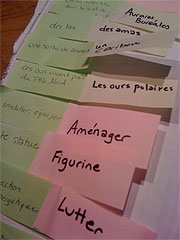
So we have to make it a game. While she takes fifteen minutes to copy four sentences for another assignment – with calisthenics in between every three words – I cut colored Post-it notes into slices and write the vocabulary words on one color and the definitions on another. (This isn’t hurting my vocabulary acquisition either.) In the past we’ve drawn pictures and matched them to the words. One weekend De-facto made a store with all the items on the vocab list (using reasonable representations found around our home) and bought or sold items from her until she knew them all by heart. If you make her read the words in a book and tell you what they mean, she goes blank. Lay them out like a match-up game and she dives in.
We played the game again and again, and again, matching definitions to words, words to definitions. Some of the words just wouldn’t stick; we made up silly ways to remember them. Robust is busty and strong, solid, like Mr. Incredible. The word lutter, (which I thought meant to fight, but it’s defined in her school book as an energetic action) kept stumping her until we decided the two Ts together standing tall looked like Short-pants and Buddy-roo marching energetically in a parade. We three marched around the kitchen island three times laughing and shouting out “lutter!”
This morning she remembered it. Because we made it fun.
It makes me think about the things I intend to do in the next year. Finish that manuscript. Realize a new project with my colleagues. Polish-up my Spanish. Pick up my viola and play it again. Keep strengthening my core with pilates. I want to keep the priority list short, so it doesn’t feel like it does for Buddy-roo when she has twenty vocab words to memorize and only two hours before bedtime. And I need to make it fun. If it feels like slog, I won’t want to do it.
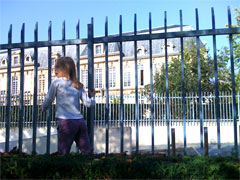
I want to minimize the slog in my life. I realize you can’t eliminate all of it, there’s some administration that has to be managed. But whenever possible, taking action – especially on the ideas I’ve been dreaming of – ought to be fun. What’s the maximum pleasure I can extract from doing things, rather than just striving for their completion?
My next step? Make it happen, but make it fun. It doesn’t have to be a battle. Just an energetic action.
I’m participating in Reverb10, and this post is in response to a prompt from author Scott Belsky: Action. When it comes to aspirations, it’s not about ideas. It’s about making ideas happen. What’s your next step?
